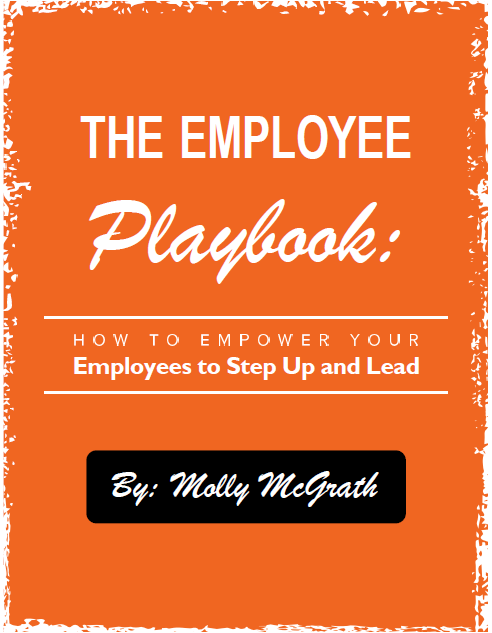 Are you in that predicament of constant, well-intended interruptions getting out of control? Are well-meaning team members constantly asking you “quick questions,” not realizing that while this helps them finish their work , they are pushing you further and further behind? You don’t want to discourage their enthusiasm and you like to have an open-door policy and be approachable, but GEEZ, your work is falling off your desk and you are working late to try to keep your head above water.
Are you in that predicament of constant, well-intended interruptions getting out of control? Are well-meaning team members constantly asking you “quick questions,” not realizing that while this helps them finish their work , they are pushing you further and further behind? You don’t want to discourage their enthusiasm and you like to have an open-door policy and be approachable, but GEEZ, your work is falling off your desk and you are working late to try to keep your head above water.
This happens a lot to the boss who is assigning tasks, but also to the team leader, who employees will come to instead of the boss to get answers. (This might be whomever has been there the longest and knows what’s what – which essentially is a team leader without the official title.) Often the employees, especially new ones, are more comfortable coming to the team leader for help with a task the boss assigned rather than taking questions to the boss. It’s a compliment. It means you are approachable and knowledgeable. But you have your own work too, so the constant interruptions have to be managed.
What do you do to stop the madness but not turn off your employees’ enthusiasm?
The first suggestion is to put in place a new “requirement” for the boss (or whoever is assigning tasks) to ALWAYS assign a due date for any task he gives them. This should be the EMPLOYEE’S responsibility to obtain. So if the boss asks someone to do something and doesn’t say when it’s due, the employee should ask. That way it isn’t one more thing for the boss to remember; they will prompt him.
Second, you should set “non-interruptible” hours for yourself. This can’t be for more than 2-3 hours at a time because people will just start to interrupt you anyway. The key is to set an end time, qualify what warrants an interruption, and then provide specific time you will be available for questions that have arisen. It’s amazing how, when you say “From 9-11:30 I’m not interruptible, but from 11:30-noon I’m available for whatever questions came up,” people realize most questions can wait a few hours. Set the rules for interruption and be VERY strict about holding people to them. If you don’t set an end time, or if you don’t have the time available, people will get anxious and interrupt you. Then you have to stand firm. When someone interrupts you with a question about a task, your first question is “When is this due?” OK, tomorrow, then it’s not a valid reason for interruption. Come see me at 11:30 (or whatever your set time to handle questions is.) IF you just answer the question, your limits will fall apart. But it’s better to redirect them to a time you have held for questions than to just say “stop interrupting me.”
Of course, there will still be interruptions here and there, but this approach will reduce 90% of them. And it will encourage your employees to find their own answers and organize their questions, but in a way that doesn’t make them feel like you’ve left them hanging on their own.
Champions of your continued success,
Laney and Molly
molly@yeschick.com
laney@yeschick.com


Trackbacks/Pingbacks